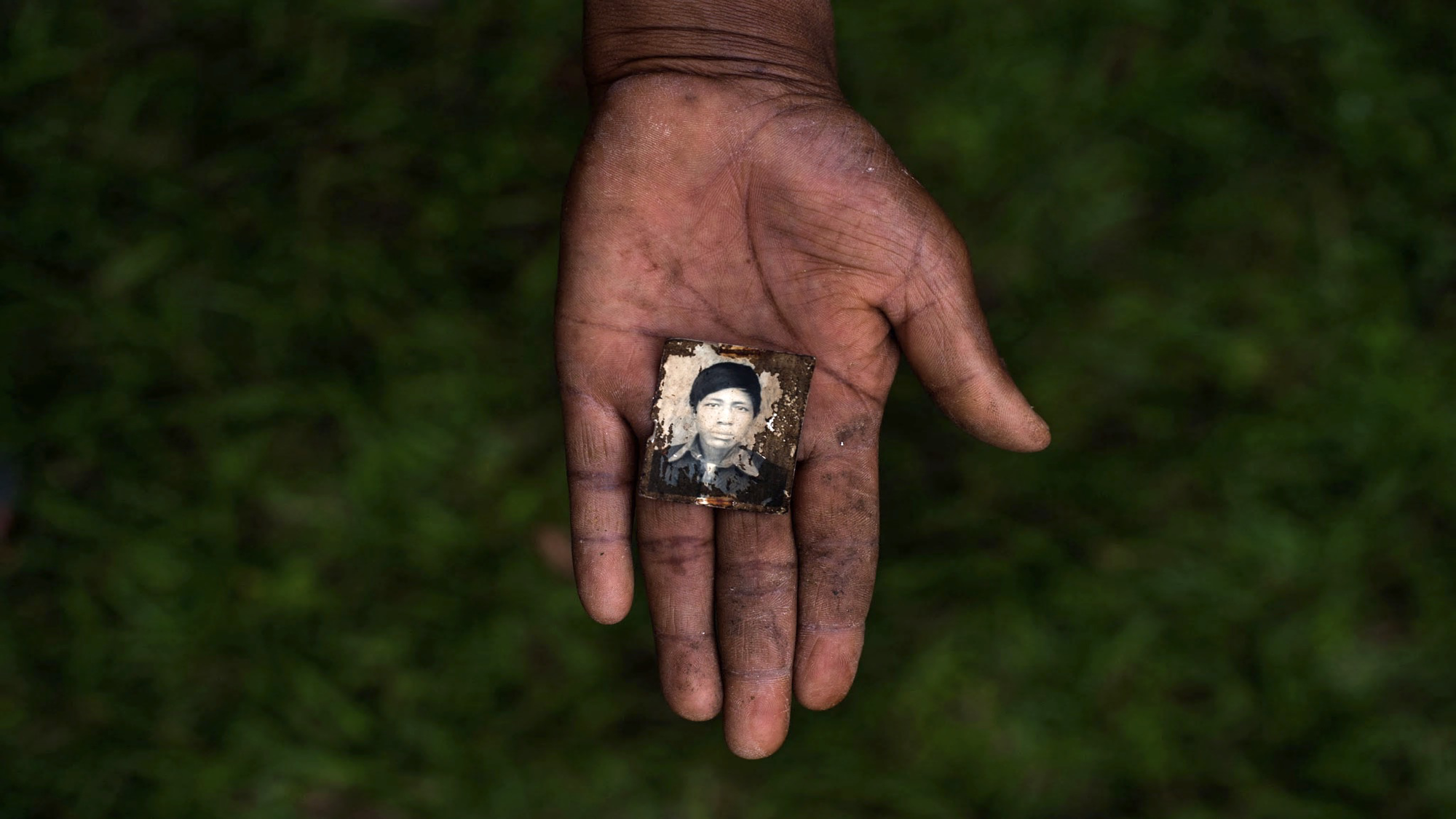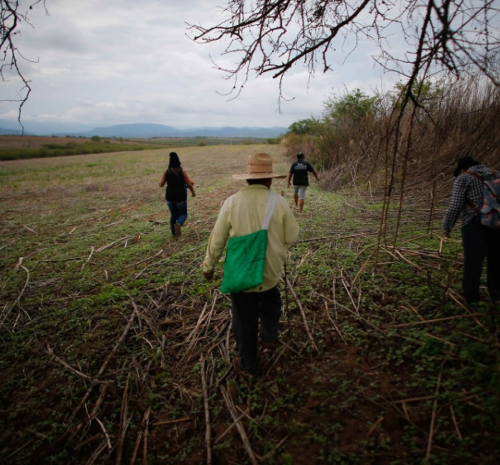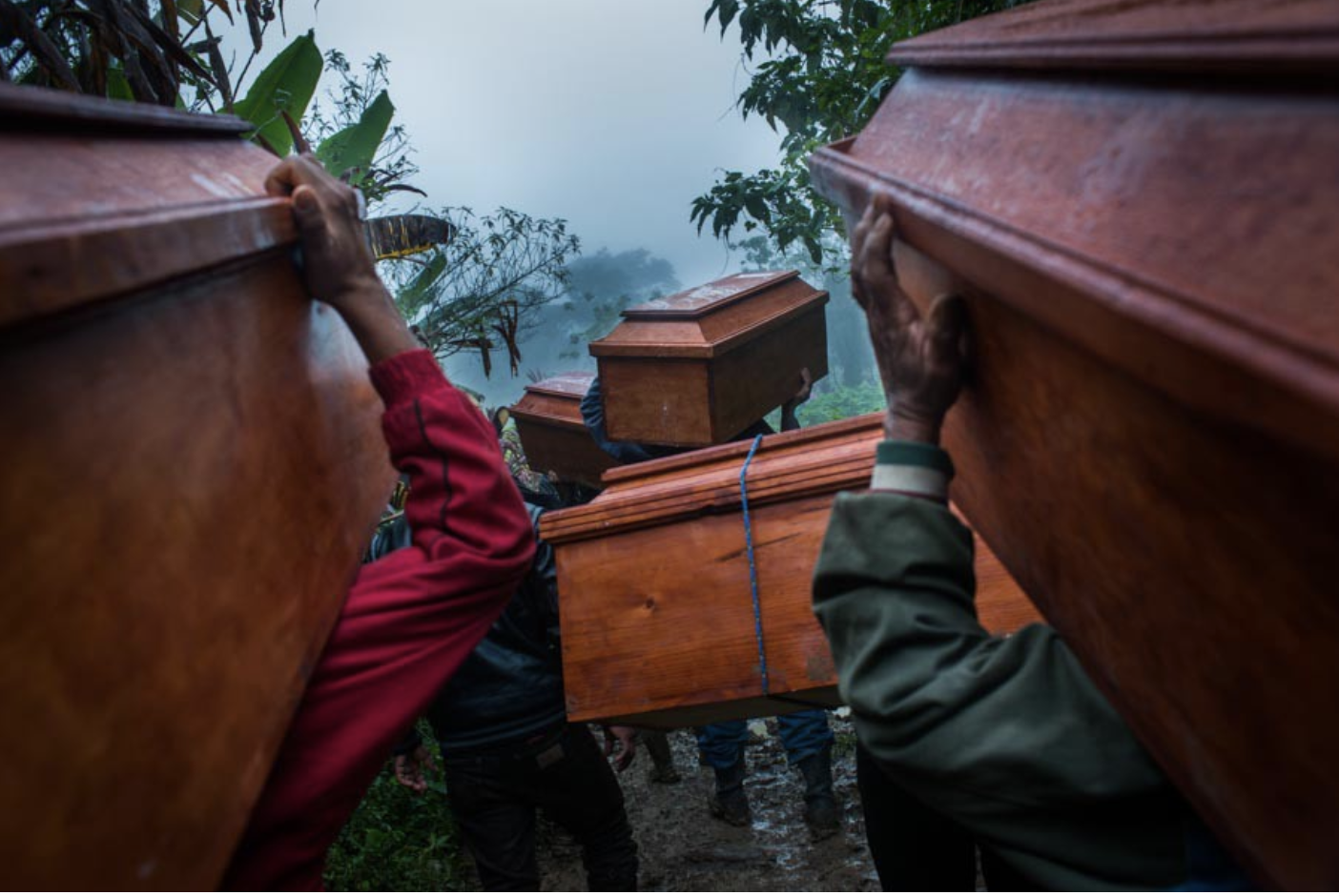Overview
Human Rights Human Remains: Forensic Humanitarianism and the Politics of the Grave is a research project led by Dr Claire Moon, Associate Professor in the Sociology Department at the London School of Economics. It is generously funded by the Wellcome Trust. The project provides a deep historical account of the application of forensics techniques in humanitarian contexts and to human rights issues. In addition, it investigates challenges and innovations in the forensics field in the context of Mexico’s ongoing, and deadly, war against drugs. Finally, it asks whether, as a result of the forensic turn in humanitarianism and human rights, we can now argue that the dead have human rights. In so doing, Human Rights Human Remains promises to radically confront the human rights paradigm by including the dead in the category of who counts as ‘human’ and deserving of human rights. In sum, the project aims to change the way we think about forensic action and human rights, and in the process, revitalise debate about the relationship between science and human rights.
Extraordinary deathwork
The first part of the project investigates the history of the ‘forensic turn’ in humanitarianism and human rights from the late 19th century to today. It situates it at the crossing point of four important histories. The first is humanitarian, especially that of the Red Cross. The second is legal, such as the development of International Humanitarian Law and ad hoc international tribunals such as that at Nuremberg and those for Rwanda and the former-Yugoslavia. The third is political and includes political transitions in the post-Cold War era, e.g. Argentina, Chile and South Africa. And the fourth is a scientific history, covering the turn by science to bioethics and human rights in the wake of WWII, initiated by new protocols such as the Nuremberg Code in 1947. The project tracks the now global reach of forensic humanitarianism, from the Americas, Europe, Africa, the Middle East and Asia. It asks when and where did the forensic turn originate? How has it evolved? What principles underpin it? What makes it humanitarian? Why did the mass dead become significant to political life in the late 20th century? And how does forensic action make the dead legible to social and political life?
Social life of forensics
The second part of the project investigates forensic exhumation and identification in contemporary Mexico. It is claimed that Mexico is currently the most violent country in the world that is not officially at war. Since 2006, Mexico’s war against drugs has killed an estimated 200,000 people and disappeared another 37,000. Official records put the homicide rate at 29,000 in 2017 alone, the highest since official records began. In addition, whilst Mexico is not the final destination of an estimated 400,000 migrants annually, it is the place where many end their journey. That is, they are not seen or heard of again. Legal investigations of killings and disappearances are rare and impunity rules. The country is marked by thousands of clandestine mass graves. Mexico presents enormous challenges to, and innovations in, the forensics field. It pushes it in new and controversial directions. In the absence of state investigations, non-governmental organisations and families of the disappeared have taken up the forensic investigation of mass graves themselves. The project asks which forensic and humanitarian challenges are present in Mexico? What are the innovations in the forensics field? And how do innovations challenge established forensic practices and protocols?
Human rights of the dead
The third and final part of the project explores a compelling and potentially ground-breaking question. It asks whether it possible, as a result of increased forensic activity around the mass dead victims of atrocity, to claim that the dead have human rights. Immediate and obvious objections arise. First, most human rights make no sense in death. Second, the dead can neither be rights claimers nor bearers of responsibilities towards others. However, the project explores whether the dead are becoming rights holders, insofar as the living behave as if they have obligations towards the dead, treat them as if they have rights, and practically confer rights upon them. In so doing, the project investigates how, if at all, forensic activity by experts and families of the dead and disappeared confers rights on the dead. It asks can we argue as a result of the forensic humanitarian phenomenon that the dead, now, have human rights? If so, what kinds of rights do they have? And what might be the implications of the rights of the dead for the families of the dead and disappeared? For forensic science? And for human rights itself?


